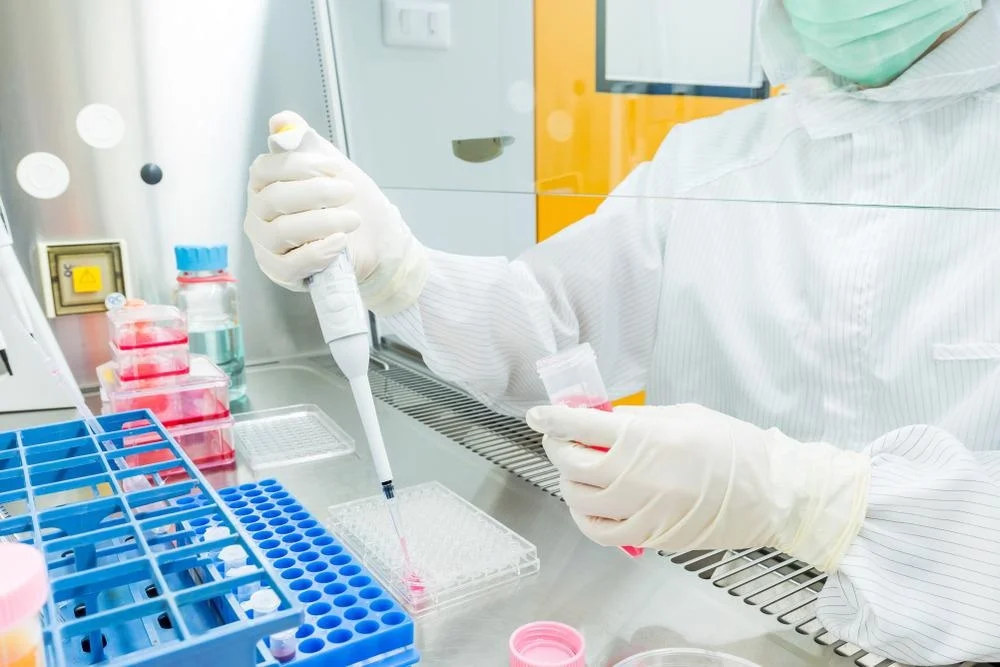
Technology is rapidly growing. Data collection and systems are crucial in several areas, including engineering and health. These systems allow you to collect data, analyze, and measure information immediately.
What are they? What is their purpose, and how necessary? Understanding the basics about data gathering is crucial for anyone who wishes to make use of data in order to make decisions and come up with new ideas.
Table of Contents
What Is Data Collection?
Data collection refers to the collection of information from a variety of sources, generally by using tools, sensors, or machines. The data may be in two types: analog and digital.
This could include things such as temperature or pressure as well as electrical signals. If you learn to become familiar with information collection and processing, you’ll discover that these devices convert raw data into an appropriate format that can be stored, analyzed and processed for use in practical applications.
Components of Data Collection Systems
The Data Collection Systems (DAS) contain components which work together to gather, manage and preserve information from the real world. The first step is to convert signals such as temperature, pressure or movements in electrical signals. The signals then go through special circuits to enhance the signal or make it more distinct.
Then, an analog-to-digital converter (ADC) transforms these signals to digital information. Digital data is processed by a small computer which is able to save the data or transfer it to computers. In addition, software can help display the data, analyze, and comprehend the data in order to take decisions based on the data immediately or later.
Types of Data collection Systems
Data collection systems are available in many forms to suit various requirements. Here are some of the most common kinds:
Standalone Data collection Systems
They function independently and are typically employed to complete particular projects. They’re designed for ease of use and usually require no setup, making them perfect for applications that require only a few days of time.
PC-Based Data collection Systems
These systems depend on the personal computer to run. They provide greater flexibility and power because of processor capability of computers. This allows for more advanced analysis of data and monitoring in real time.
Network-Based Data collection Systems
Network-based systems connect to the cloud server or a central system, enabling data collection across several sites. This is especially beneficial for businesses like the monitoring of environmental conditions and agriculture.
Each kind has its distinct benefits and disadvantages. This is why it is crucial to pick the appropriate one for your needs.
Applications of Data collection Systems
In the manufacturing industry, DAS monitors machinery performance to ensure that it is efficient and avoid breakdowns. In the field of environmental sciences DAS systems gather data regarding temperature, humidity and levels of pollution to aid in monitoring and research. Healthcare facilities use DAS to monitor vital indicators in real-time for patients’ treatment.
The automotive industry uses Data collection for testing safety and performance of vehicles. In aerospace, DAS helps monitor aircraft systems during flight tests.
In the energy and other sectors they collect data from power plants in order to maximize energy production. Data collection Systems provide precise and reliable data that are essential for improving processes, increasing security, and assisting research across a variety of areas.
Accept the Potential of Data Gathering
Understanding how data is gathered is crucial in our modern world. Data is utilized in a variety of ways, from researching the environment to aiding doctors provide better medical healthcare. Data systems play an important role in various sectors.
As more companies are using real-time data, understanding the basics will help you achieve success in various tasks. Do not be afraid to discover more about this exciting aspect of technology. It will open many opportunities.






